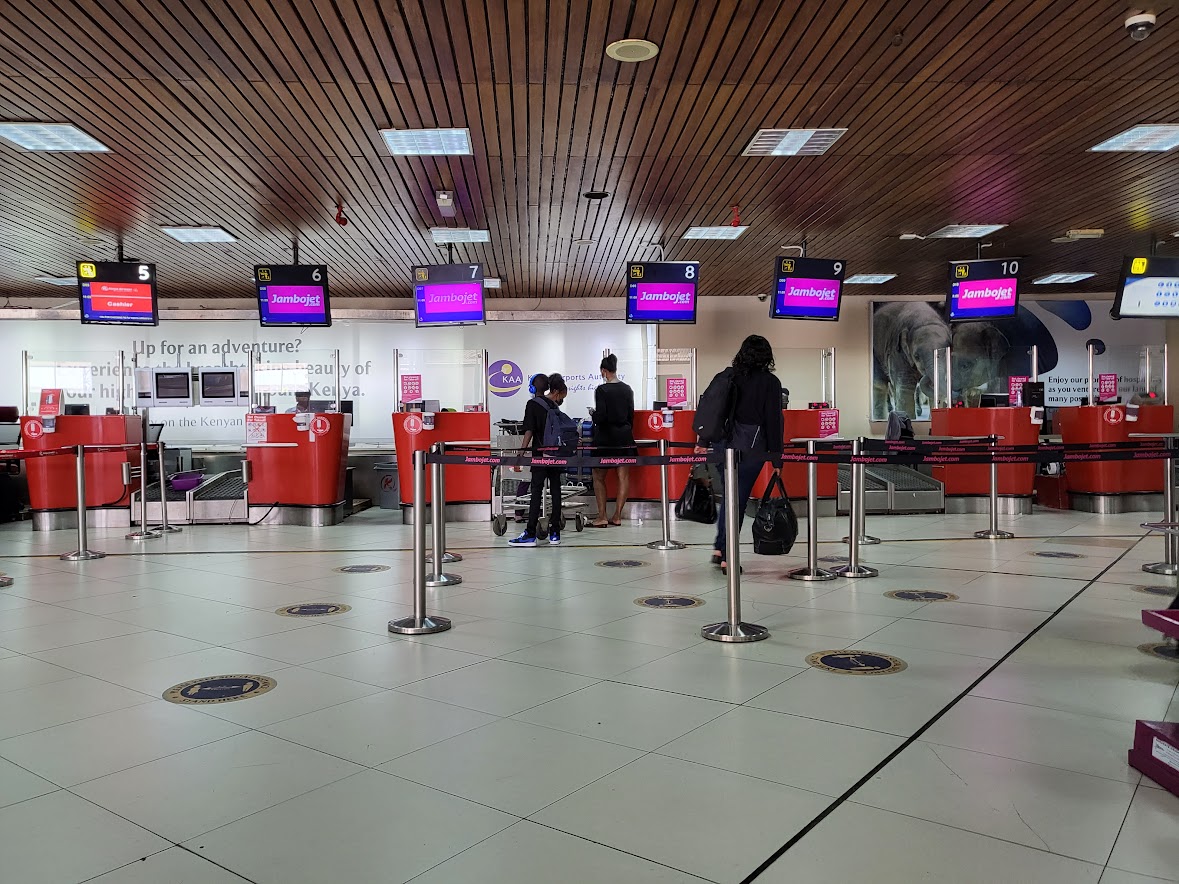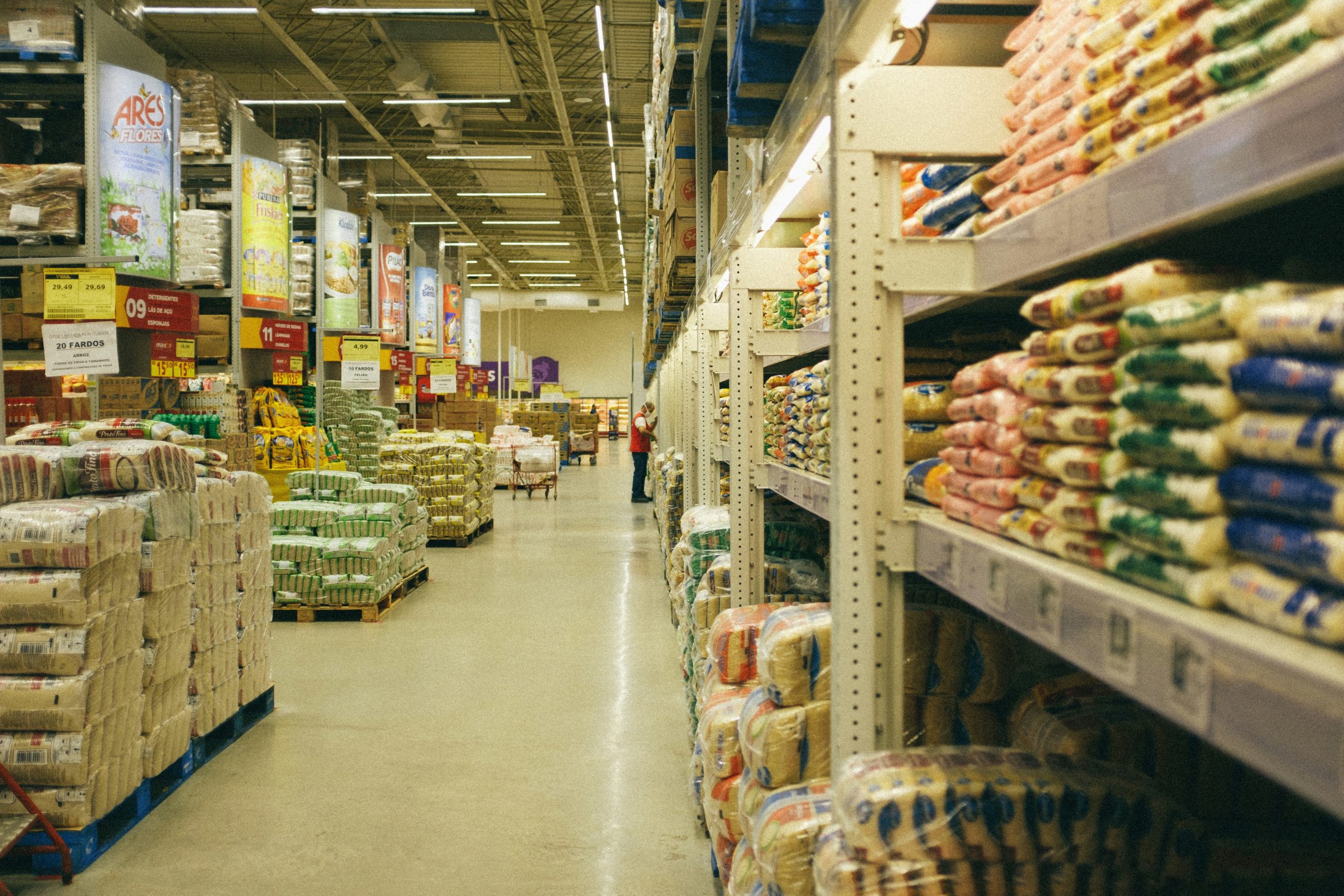Kenyans have been protesting against harassment by KRA tax officials at airports. Now, they have to declare their items every time they travel, or else pay tax for them whenever they return.
The Kenya Revenue Authority (KRA) is facing criticism for a controversial directive that imposes taxes on personal items, whether new or used, valued at over $500 that travelers bring in. In a now-deleted post, KRA said, “All goods, whether new or used, are subject to taxation. Remember when travelling, you will be allowed to carry personal or household items worth $500 (KES 75,350) and below. Anything above the amount shall be subject to tax.”
Kenyans on X (formerly Twitter) and other social media platforms and lawmakers have joined the protest and have accused some KRA of using the directive to harass tourists. According to some lawmakers, KRA needs a more tourist-friendly approach to simplify luggage declaration and duty payment for passengers arriving in Kenya.
KRA has since issued a note clarifying its customs and border control measures outlined in the East Africa Community Customs Management Act (EACCMA), 2004. According to the tax authority, all goods are subject to customs duty. “However, passengers have a concession of $500 applicable only to goods for personal and/or household use. Passengers are also exempt on their used personal effects,” KRA clarified in the note. This applies to goods that are either imported or newly acquired. However, it is unclear whether KRA Customs officials will distinguish between items that have been newly purchased abroad and those that are older.
KRA added that customs duty is imposed at the point of entry on taxable goods. If the allowable limits are exceeded, then the imported items are subject to import duty, value-added tax, excise duty, and other relevant charges. These duties are calculated according to the customs value of the item, following the guidelines established by existing laws such as the EACCMA, 2004.
Travellers will be compelled to declare their items before travel and will be forced to pay taxes for undeclared items. “It is important that passengers declare the actual price of the item… All passengers are subject to make declarations to the customs officer,” KRA says.
Since William Ruto became President last year, the government has talked about the need to seal tax leaks and instituted changes to how electronic items such as smartphones are taxed. The tax institution seeks to collect KES 2.768 trillion ($18.3 billion) by the end of FY 2023/2024.
Owing to the ongoing bitter debate about further harassment at airports, lawmakers and citizens are urging KRA to provide additional clarity on the issue to protect Kenyans from potentially losing their belongings when they travel abroad and return.





















